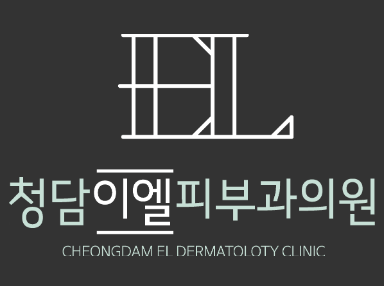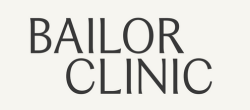December 7, 2025
The double chin is one of the most common areas patients want to slim and tighten. In Korea, the two most popular non-surgical options are fat-dissolving injections and HIFU (High-Intensity Focused Ultrasound). While both treatments target the under-chin area, they work in completely different ways—and choosing the right one depends on whether your concern is fat, skin laxity, or both. This guide breaks down how each treatment works, who it’s best for, and how Korean clinics combine them for sharper, more defined jawlines. What Are Fat-Dissolving Injections? Fat-dissolving injections use compounds that break down submental fat. Korean clinics commonly use: Deoxycholic acid–based formulas Lipo-slim cocktails (Korean blended formulas) Customized fat-dissolving solutions How They Work The injected solution breaks down fat cells The body slowly eliminates them through metabolism Results appear gradually over several weeks Best For Double chin caused primarily by fat Soft, fuller under-chin profile Patients wanting slimming rather than lifting Beginners who prefer a simple, fast treatment What They Improve Submental fullness Under-chin heaviness Rounded jawlines Limitations Does not tighten skin Swelling lasts a few days Multiple sessions usually needed Injections = fat reduction, not lifting. What Is HIFU for Double Chin? HIFU treatments like Shurink, Ultherapy, Liftera use focused ultrasound energy to tighten the deeper layers of the skin and SMAS. How It Works Ultrasound energy contracts collagen The deep SMAS layer tightens Skin becomes firmer and more lifted Jawline definition improves Best For Mild to moderate skin laxity Early jowls Soft tissue descent around the chin Patients wanting lifting rather than slimming What It Improves Sagging skin under the chin Early jowl formation Lack of jawline contour Limitations Does not dissolve fat Results are lifting, not slimming Works best when some elasticity remains HIFU = lifting, not fat reduction. Injections vs HIFU: The Key Difference Fat-Dissolving Injections ✔ Reduce fat ✘ Do not tighten skin HIFU ✔ Tightens and lifts skin ✘ Does not dissolve fat Your best treatment depends on whether your double chin is caused by: Excess fat → Injections Sagging skin → HIFU Both → Combination therapy (most common in Korea) Who Should Choose Fat-Dissolving Injections? Choose injections if you have: Soft, pinchable fat under the chin No major skin laxity A rounder facial shape Desire for gradual contouring A preference for lower-cost treatment with minimal equipment They’re ideal for people in their 20s–40s with stable skin elasticity. Who Should Choose HIFU? Choose HIFU if you have: Mild to moderate sagging under the chin Weak jawline definition Early jowls Skin that feels loose or lacks firmness Minimal fat but visible heaviness HIFU is ideal for patients in their 30s–60s depending on skin quality. Combination Treatment: Korea’s Most Popular Approach Korean dermatologists often combine injections + HIFU for optimal results because: Injections remove fat volume HIFU tightens the skin envelope The jawline becomes more sculpted and lifted Results look more balanced and natural This is especially powerful for: Double chin + early jowls Under-chin fullness + loose skin Round face shapes wanting definition Patients preparing for thread lift Men seeking a sharper jawline The combination produces the V-line chin contour that Korean clinics are known for. How Many Sessions Do You Need? Fat-Dissolving Injections 2–4 sessions on average Results appear slowly over 4–6 weeks HIFU 1 session every 6–12 months Immediate tightening + continued lifting over 2–3 months Korean clinics often schedule both treatments in a coordinated plan. Which One Works Faster? HIFU Visible tightening immediately Best for quick lift Injections Swelling at first Fat reduction visible after 3–4 weeks If you need fast results, HIFU is usually preferred. Which One Lasts Longer? Fat-Dissolving Injections Fat cells removed permanently But weight gain can reverse results HIFU Lifting lasts 6–12 months Maintenance recommended once a year Double Chin Treatment in Korea: Final Recommendation Choose Injections if: Your main problem is fat You want a slimmer under-chin profile You want a non-device treatment Choose HIFU if: Your main problem is sagging skin You want a more defined jawline You want instant lifting Choose Both for: Fat + loose skin V-line contouring Best overall result Most Korean clinics favor the combination approach because it creates the sharpest, most balanced improvement.


